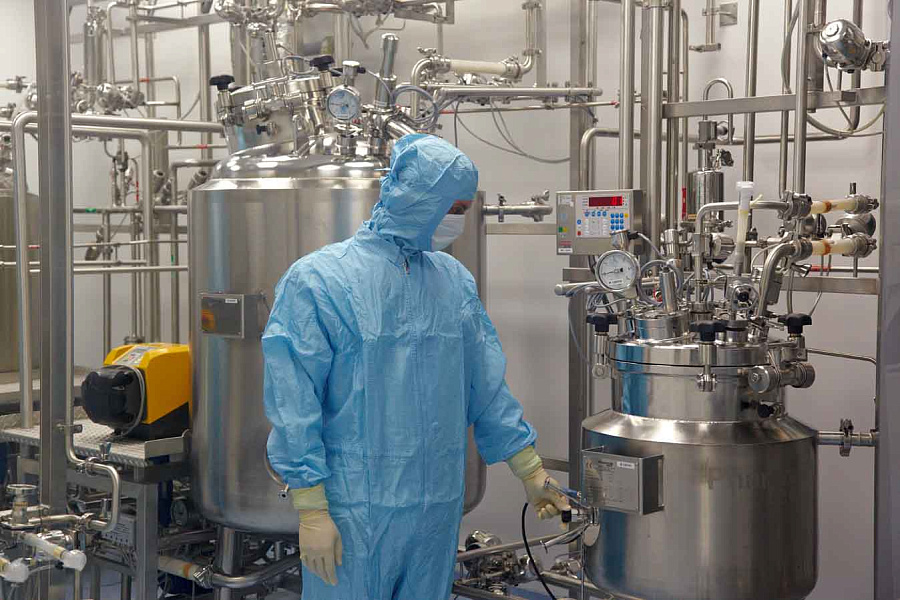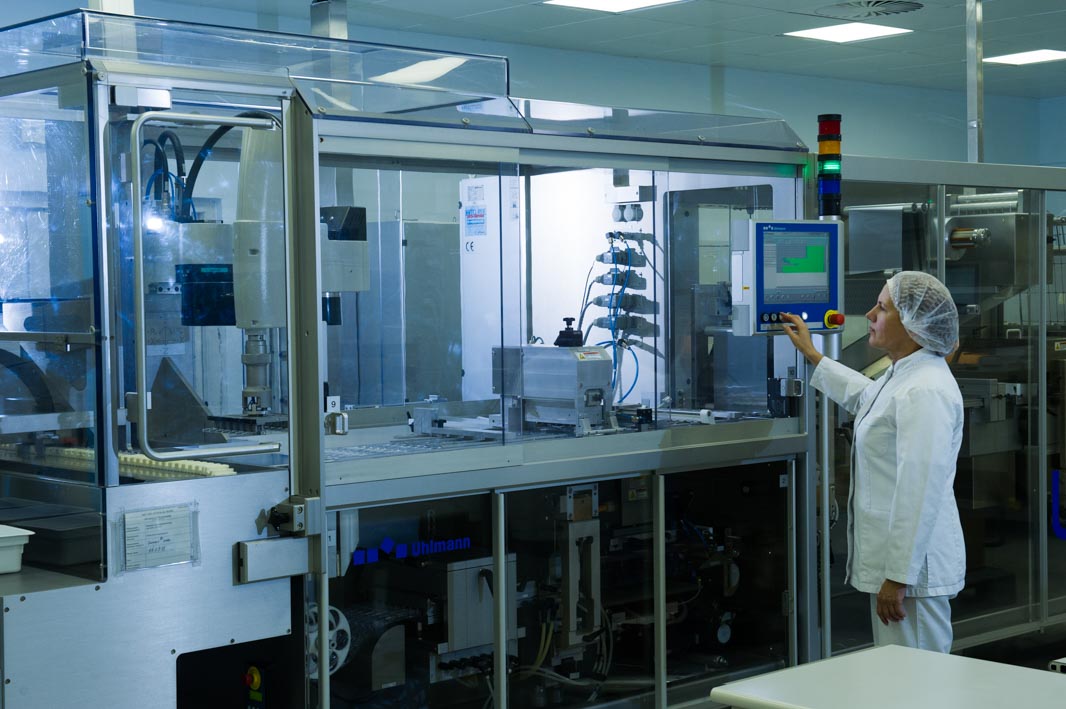
Petrovax helps doctors during COVID-19 pandemic

The company boosts supply of the immunomodulatiory drug Polyoxidonium® for disease prevention in healthcare professionals
Healthcare professionals who are saving millions of human lives during COVID-19 pandemic face a high risk of contracting this dangerous infection. For disease prevention in doctors and other healthcare staff, pharmaceutical company Petrovax has been donating the immunomodulatory drug Polyoxidonium® to Russia’s healthcare facilities.
Within the framework of Petrovax’s charity event, more than 10 thousand packs of the product were received by doctors at largest clinical centers all over the country: cities of Moscow, Pskov, Obninsk, and Kursk, Voronezh and Samara regions, republics of Chuvashia, Northern Ossetia, and Mari El as well as Krasnodar territory.
Physicians have been using Polyoxidonium® for the treatment and prevention of SARS-CoV-2 infection in Russia, the CIS, and EU states. The product has been included into the clinical guidelines for COVID-19 treatment in elderly patients in Slovakia. In Russia, Polyoxidonium® has been officially recommended for ARVI treatment during COVID-19 pandemic.
One of the company’s important movements in fighting SARS-CoV-2 infection is conducting an international clinical trial on Polyoxidonium® efficacy among hospitalized COVID-19 patients. This large-scale trial is compliant with the WHO protocol, with the initial results expected as early as this summer.
Petrovax’s production capacities provide for boosting the product output both for healthcare professionals and patients. Since the pandemic onset, the company has rapidly increased Polyoxidonium® production to meet the growing demand. The new, third production line has been running at full capacity. At a record pace, over just a month, the output of Polyoxidonium® tablets has increased seven-fold.
Petrovax thanks Russian doctors for their acts of heroism in the name of health. The company is sure that the Russian medicinal product will help fight down the novel infection.


